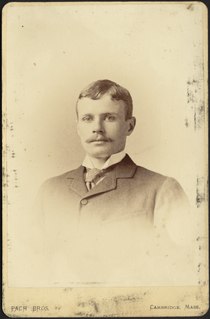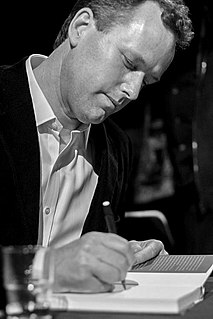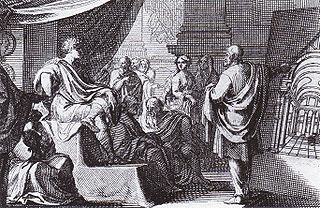A Quote by Julian Coolidge
Every writer must reconcile, as best he may, the conflicting claims of consistency and variety, of rigour in detail and elegance in the whole. The present author humbly confesses that, to him, geometry is nothing at all, if not a branch of art.
Related Quotes
For every individual is a unique manifestation of the Whole, as every branch is a particular outreaching of the tree. To manifest individuality, every branch must have a sensitive connection with the tree, just as our independently moving and differentiated fingers must have a sensitive connection with the whole body. The point, which can hardly be repeated too often, is that differentiation is not separation.
Being an artist and being a teacher are two conflicting things. When I paint, my work manifests the unexpected... In teaching it's just the opposite. I must account for every line, shape and colour and I am forced to give an explanation of the inexplicable and account for the variety of styles the students present.
It is (to describe it figuratively) as if an author were to make a slip of the pen, and as if this clerical error became conscious of being such. Perhaps this was no error but in a far higher sense was an essential part of the whole exposition. It is, then, as if this clerical error were to revolt against the author, out of hatred for him, were to forbid him to correct it, and were to say, "No, I will not be erased, I will stand as a witness against thee, that thou art a very poor writer."
When asked how she knows when her writing is where she wants it to be: "I know when it's the best I can do. It may not be the best there is. Another writer may do it much better. But I know when it's the best I can do. I know that one of the great arts that the writer develops is the art of saying, 'No. No, I'm finished. Bye.' And leaving it alone. I will not write it into the ground. I will not write the life out of it. I won't do that."
When you want to put something into your part that is not in the play, you must ask the author-or some other author-to lead up to the interpolation for you. Never forget that the effect of a line may depend not on its delivery, but on something said earlier in the play, either by somebody else or by yourself, and that if you change it, it may be necessary to change the whole first act as well.






































